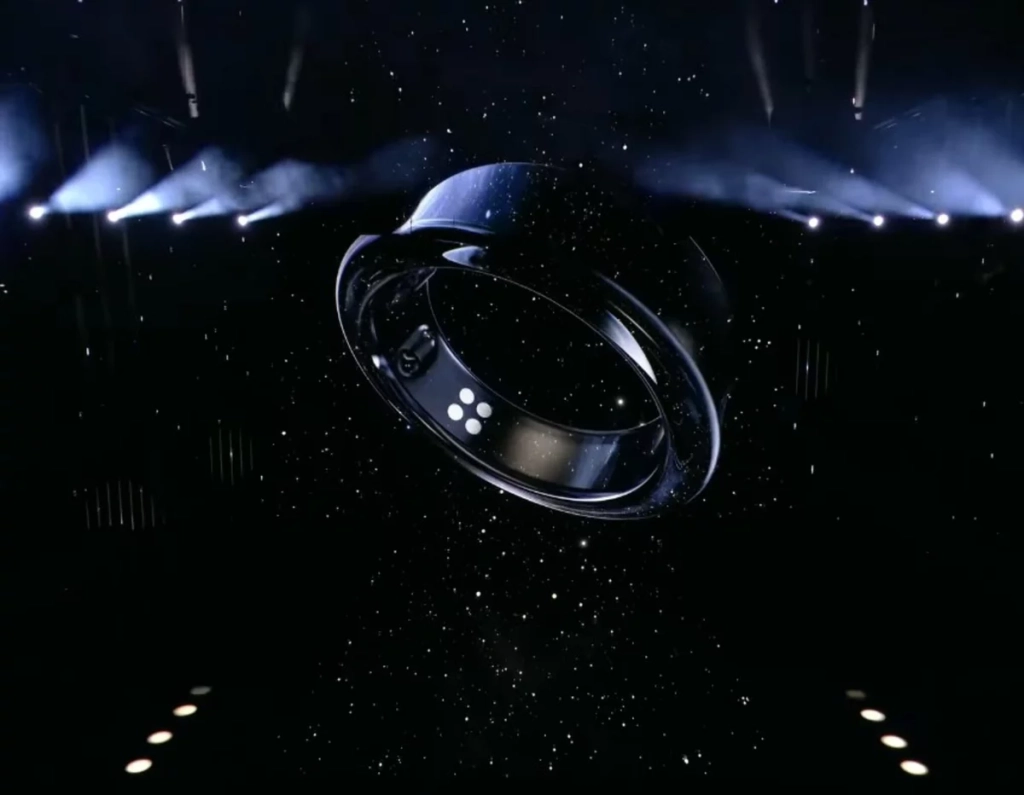There are several theories as to why we haven’t found extraterrestrial intelligence. A team at NASA has turned its attention to a worrying one.

The fact that we have not yet found extraterrestrial intelligence could be due to an existential disaster that is wiping out emerging civilizations before they reach the stars. This is the so-called “Big Filter” theory, which has now also been studied by a research group at NASA’s Jet Propulsion Laboratory. The team has identified several scenarios in which humanity, too, could face the end before becoming a Type I civilization on the so-called Kardashov scale becomes. Type I designates a civilization capable of utilizing all the power available on a planet. The work has not yet been independently reviewed or accepted for publication in a peer-reviewed journal but is already receiving a lot of attention. It was published on the Arxiv.org portal.
The biggest risks together
The “Big Filter” theory was proposed as early as 1996 as a possible answer to the Fermi paradox. It’s about the question of where all the extraterrestrials are actually. Since we have been finding more and more exoplanets, it has become more and more important. It is conceivable that during the development of civilization there will inevitably be a point at which it will be destroyed, which is why the Milky Way appears empty to us. Should it be a matter of a law of nature, then mankind should be faced with this “Great Filter”. Because, as the research group led by Jonathan Jiang from JPL now believes, it should only be around 250 years before mankind can use all the energy on earth and can almost certainly overcome the “Big Filter”.
The “Big Filter” has the potential to wipe out all life as we know it, the team warns. It is, therefore, necessary now to look within yourself to address the situation thoughtfully and reduce the risk to humans and the millions of other species on earth. The group lists several scenarios that could prove to be “Big Filter”. According to the work, none of them has been researched as thoroughly as climate change. The team relies on rapidly advancing technological advances to counter this “drowsy but deadly Big Filter”. In addition, they list nuclear wars, disease and pandemics, artificial intelligence, and asteroid impacts as possible scenarios., none must result at the end of human civilization.
However, if humanity were to harness all of Earth’s energy and become a Type I civilization on the Kardashev Scale, the future would be almost unlimited, the team said. This does not address criticism of the concept of the “Big Filter”. Researchers object that we don’t know at all whether it actually exists. The fact that we have not yet found any extraterrestrial intelligence does not mean that we have not found anyone. Given the size of the universe and the not-so-long search, they might as well just wait to be discovered. Maybe the probability of finding someone is simply much lower than we intuitively assume. Possibly the earth is also deliberately avoided, or looking for contacts is considered too dangerous.






Leave a comment